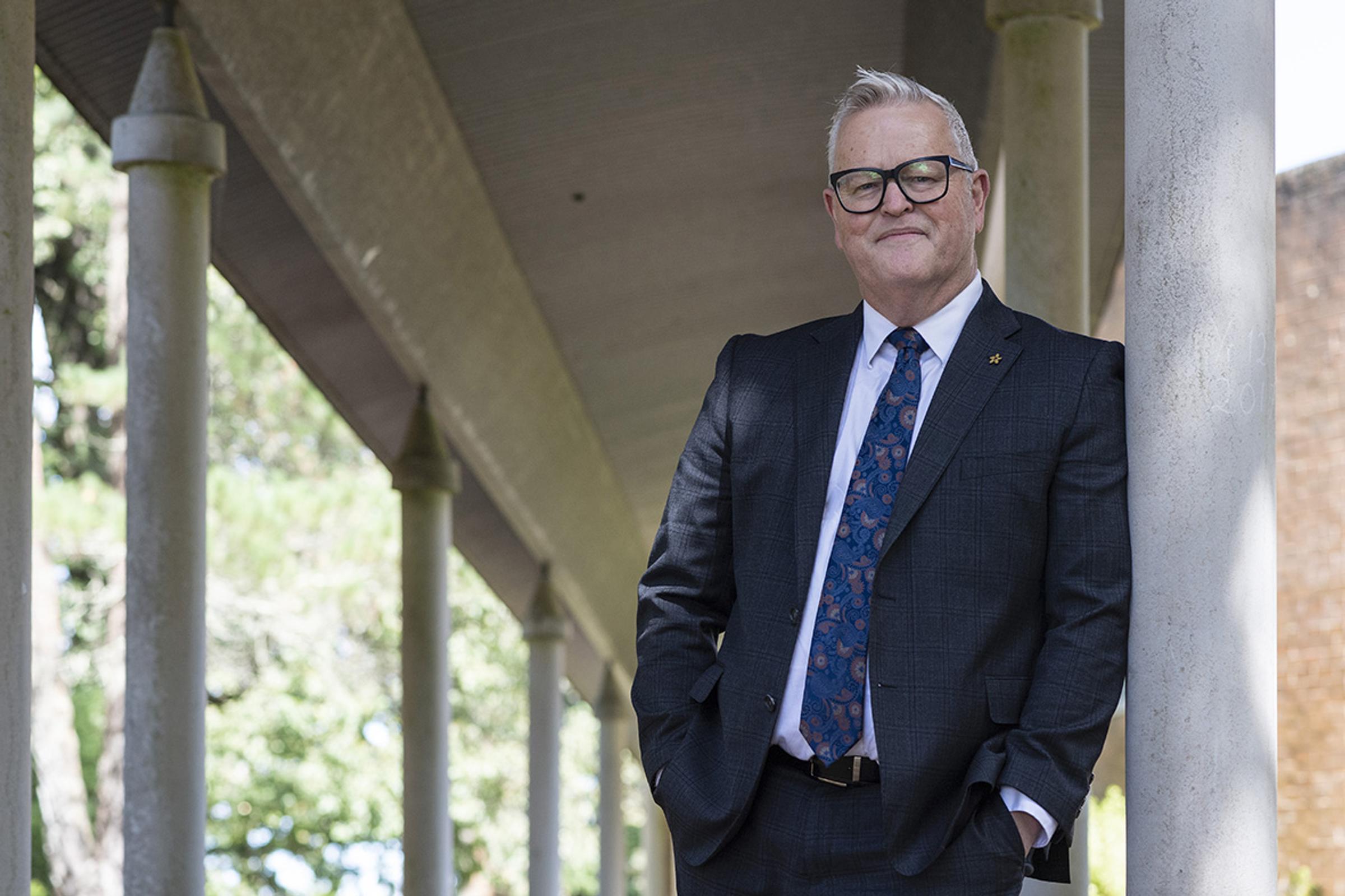From the Principal

Dear BMGS Families,
Across Australia and worldwide, universities are reimagining what it means to teach, learn, and prepare young people for an increasingly complex and unpredictable future. This shift is not cosmetic—it is grounded in a deeper understanding of how people learn and, more importantly, in the growing recognition that students no longer arrive at higher education institutions as a homogenous cohort. Instead, they present with a broad spectrum of interests, capacities, cultural backgrounds, and academic readiness levels. The response from leading institutions has been to diversify not just their offerings, but their entire pedagogical frameworks.
Today, our Head of Senior School and I met with leaders and toured the facilities at Western Sydney University, recently ranked Australia’s #1 globally for its social, ecological, and economic impact for the fourth consecutive year in the 2025 Times Higher Education (THE) University Impact Rankings.
What struck us most was not just the quality of the infrastructure or the ambition of their strategic plans. They were impressive, but their clear commitment to understanding the global education landscape and translating those insights into real, tangible experiences for their students. WSU’s leadership is not content with observing trends; they are proactively scoping what works worldwide and implementing structures that align with what today’s learners need.
A consistent message emerging from leading institutions—locally and internationally—is that the traditional focus on content knowledge alone is no longer sufficient. James Buckingham of the Innovation Unit observes, “It is no longer enough for institutions to simply transfer knowledge; they must develop the whole learner, equipping them with the capacity to think critically, work collaboratively, and apply knowledge in real-world contexts.”
This realignment of educational priorities is evident in programs such as:
- The Melbourne Curriculum at the University of Melbourne requires all students to study broadly across disciplines.
- UTS’s Transdisciplinary Innovation programs empower students to solve complex problems across fields.
- Western Sydney University’s 21C Project, where students co-design their learning with industry and the community, is supported by micro credentials and real-world learning.
- The Integrated Innovation Network (I2N) at the University of Newcastle fosters entrepreneurial thinking grounded in social purpose.
Internationally, Minerva University and High Tech High in the United States offer bold examples of reimagined learning. Minerva delivers its fully active-learning program to a globally distributed cohort of students. At the same time, High Tech High operates on a project-based, student-driven model that has profoundly influenced how many institutions, including universities, view student engagement.
Education innovator Ted Dintersmith, who helped develop and document the High Tech High model, writes:
“When kids do real work for real audiences, they care deeply about the quality of what they produce. That’s when deep learning takes place.”
His work challenges us to consider that the most transformative learning does not come from compliance or content delivery, but from authentic engagement, creativity, and purpose.
In our visit today and broader research, we see a sector that is shifting, not all at once and not without challenge. But undeniably, institutions are asking more profound questions: What do young people need now? How do we design learning that invites them in rather than asks them to fit in?
James Buckingham summarises it best:
“The future of education lies in our capacity to build inclusive and agile systems that can respond to the changing needs of learners and the world they are entering.”
As schools and universities face growing complexity and increasing student diversity, the need to build agile, relevant, and future-focused learning pathways has never been more urgent or exciting.
Warm regards,
Steven Coote
Principal